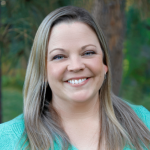
Audrey Grimm is one of Sequoia’s original founders and Chief Executive Officer. Audrey has spent her career working in behavioral health. She has over 10 years of nursing experience, half of that working in inpatient psychiatric and detox facilities. She graduated as a Psychiatric Nurse Practitioner in 2023.
The National Institute on Alcohol Abuse and Alcoholism estimates that almost 15 million Americans 12 and older struggle with an alcohol use disorder. Additionally, less than 10% of these individuals receive treatment for their drinking.
While many individuals struggling with alcohol use disorder do not get treatment for their addiction, a high percentage of individuals attend Alcoholics Anonymous meetings. There are a variety of barriers that can impact a person’s ability to attend treatment programs. This can include the cost of treatment, access to appropriate treatment, and flexibility in their schedule to attend treatment.
Many of these barriers are not present when it comes to Alcoholics Anonymous, also known as AA. AA meetings are of no cost and run throughout the day and around the world.
For individuals who are new to AA, it is highly recommended that they attend a beginner’s meeting. These meetings will help introduce you to AA and help you feel more prepared for your recovery.
12-step meetings focus on the 12 steps that members are encouraged to take within their first year of treatment. These meetings can focus on one particular step, or explore the steps that members are currently working on.
Big Book meetings explore the material in the Big Book, which ranges from AA history to the 12-step model. These meetings tend to be discussion based and will focus on a particular section of the book.
Speaker meetings occur when one individual speaks about their own experience with addiction. These meetings can give you the opportunity to learn more about the individuals who attend meetings with you, as well as learn about what has helped them in their recovery.
For individuals in recovery, AA at a rehab in Spokane, WA, can be an invaluable tool. You will find individuals who have walked a similar path to you, which can help normalize your experience. Additionally, you can see the gifts that recovery can bring. Sequoia Recovery Centers can provide you with a safe and comfortable detox program to help you feel prepared for recovery. To learn more about how we can help you in your recovery journey, we invite you to call (866)824-0709 today.
Alcoholics Anonymous was founded in 1935 by Bill W. and Dr. Bob A. in 1935. Both Bill W. and Dr. Bob A. struggled with an alcohol addiction themselves.
Before the two men met, Bill W. had stopped drinking and found purpose in helping other alcoholics. Bill firmly believed that alcoholism was the result of a disease of the mind, emotions, and body. Dr. Bob learned of this approach to alcoholism and was able to stop drinking himself. This led to the development of Alcoholics Anonymous.
Together, Bill and Dr. Bob met with alcoholics in Akron’s City Hospital. One of the men that they worked with was able to stop drinking completely after working with Bill and Dr. Bob.
In 1939, the AA fellowship published the book Alcoholics Anonymous. This text was written by Bill W. and reviewed by many of the early members of AA. This text is still used today and is known as the Twelve Steps of recovery. Additionally, there are individual stories of individuals who recovered. After the publication of this text, the growth of Alcoholics Anonymous took off.
Spokane AA meetings can help you feel less isolated in your recovery than you did while in active addiction. When you receive care from a Sequoia Detox Center, you will be encouraged to attend group sessions that are designed to help prepare you for your recovery. In these groups, you will learn about the many benefits that Alcoholics Anonymous can give you. We invite you to call (866)824-0709 to learn more about how we can help you in your recovery journey.
We Work With Most Major PPO & HMO Insurance Providers.We Cannot Accept Medicaid Or Medicare.
We Are An In-Network Provider For Kaiser And Lifewise Insurance Carriers.




There are a variety of benefits that a person can experience from attending Alcoholics Anonymous meetings. One benefit would be that you can connect with individuals who are in recovery. More often than not, when someone is struggling with an addiction, they find themselves pushing away their support and gravitating towards others who also drink.
Attending AA meetings can help a person find hope. Alcohol misuse and abuse are known to occur with mental health concerns such as anxiety, depression, and trauma.
Sequoia Recovery Centers implements AA meetings at our Spokane detox center. Our detox program will provide you with the medical and emotional support needed to go through the detoxification process. This is known to be an uncomfortable process. However, with the use of medically assisted detox services, you may find that you receive some relief. We encourage you to call (866)824-0709 to learn more about our Washington alcohol detox program.
The 12 Steps can be found in the book, Alcoholics Anonymous. Members of Alcoholics Anonymous are encouraged to complete the steps within their first year of recovery. Additionally, the steps are guided by an individual’s chosen sponsor.
A sponsor is an individual who has been sober and feels comfortable guiding others in their recovery. Typically, you should be meeting with and talking to your sponsor throughout the week. Your sponsor is someone that you can talk to when you’re struggling, as well as when things are going well for you.
The 12 Steps of Alcoholics are as follows:
AA meetings in Spokane, WA, can help provide you with the structure needed for your downtime. Additionally, it can help you have accountability by working with a sponsor and moving through the 12-step program. If you choose to attend detox at a Sequoia Detox Center, you will learn about how Alcoholics Anonymous can help you recover. If you are ready to take the next step in your recovery, you may call (866)824-0709 to speak with a representative.
We understand how challenging it can be to know if and when you or your loved one needs help with addiction. By taking this quiz, you can get a quick assessment of some signs that may indicate whether or not you need to reach out for help.